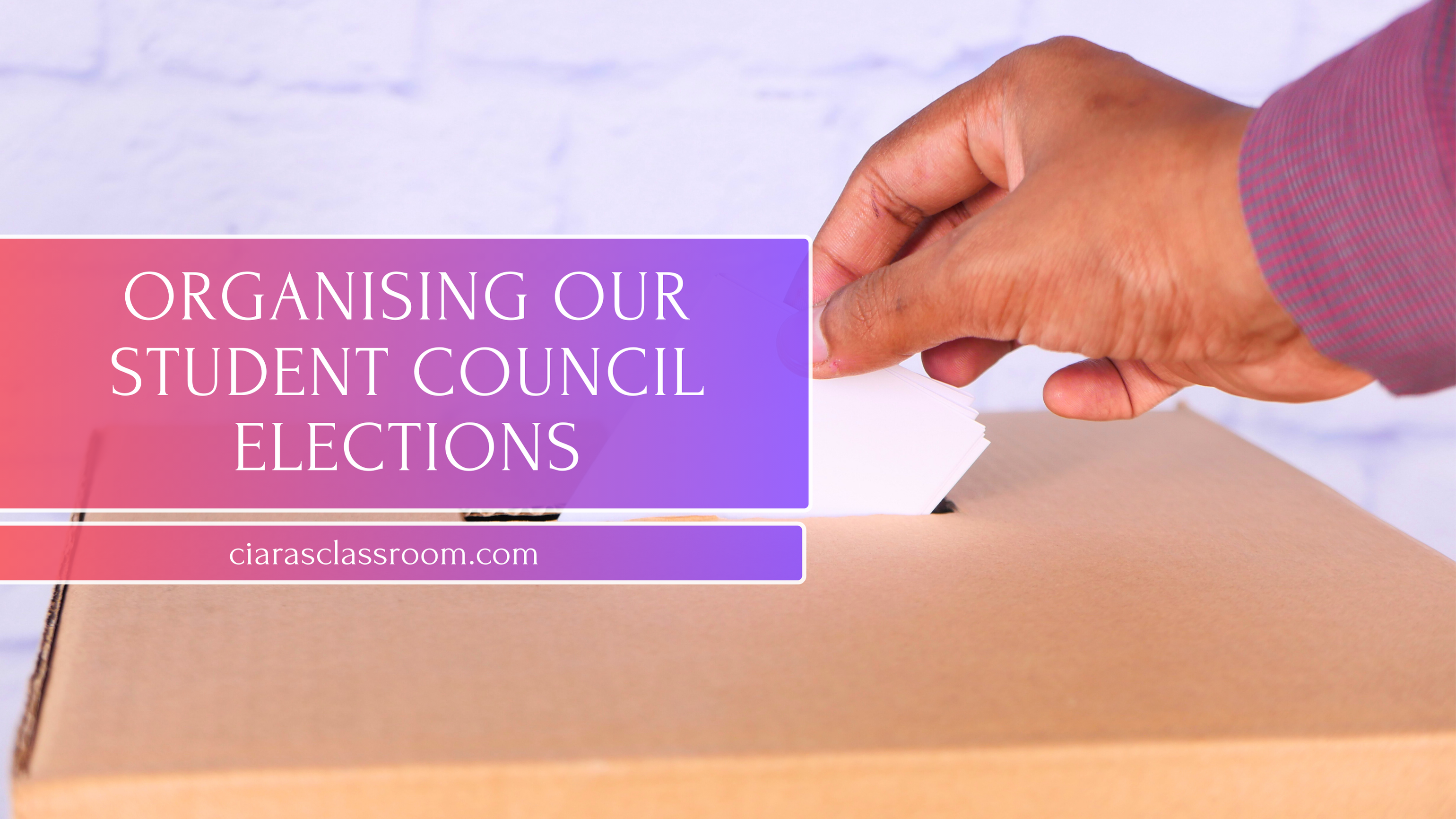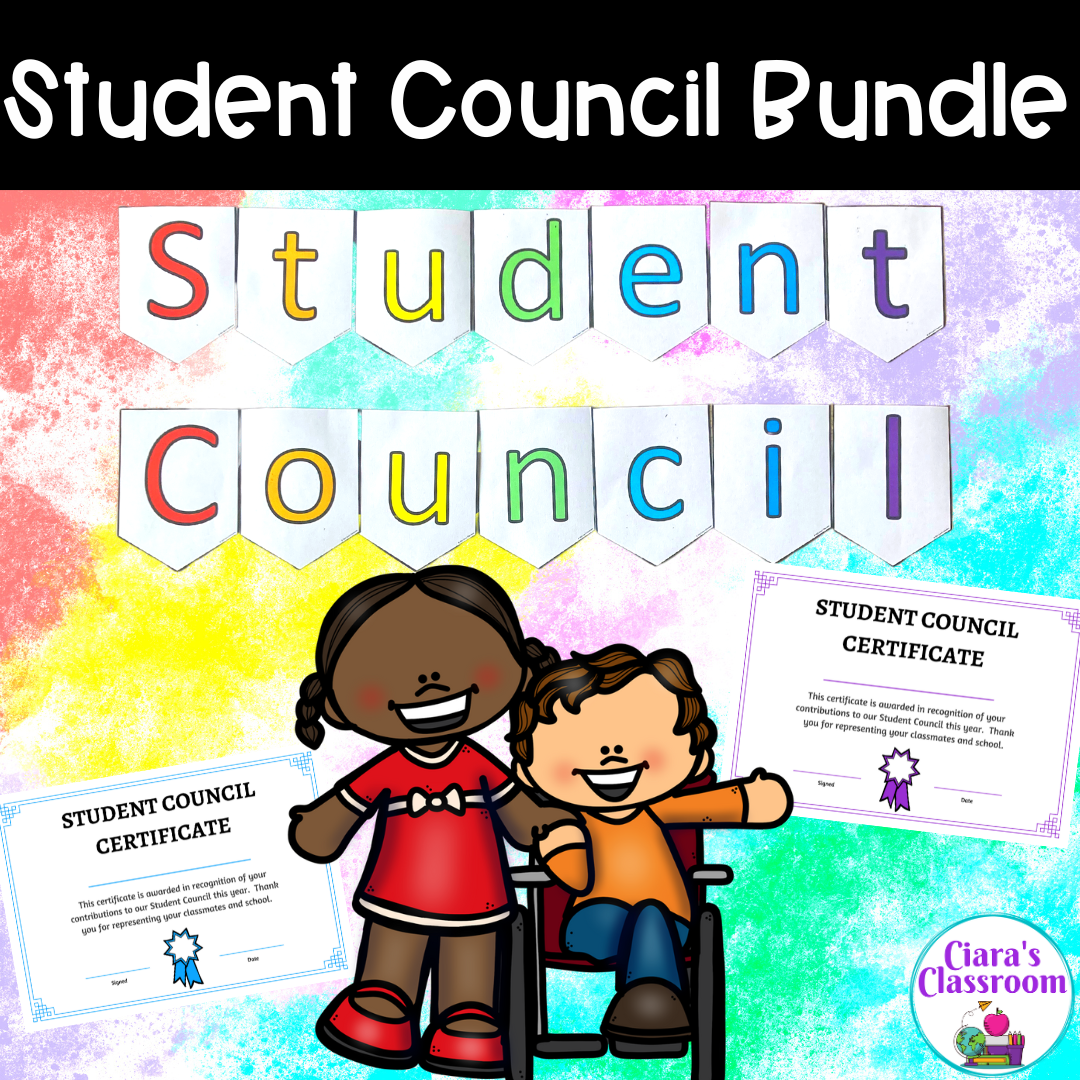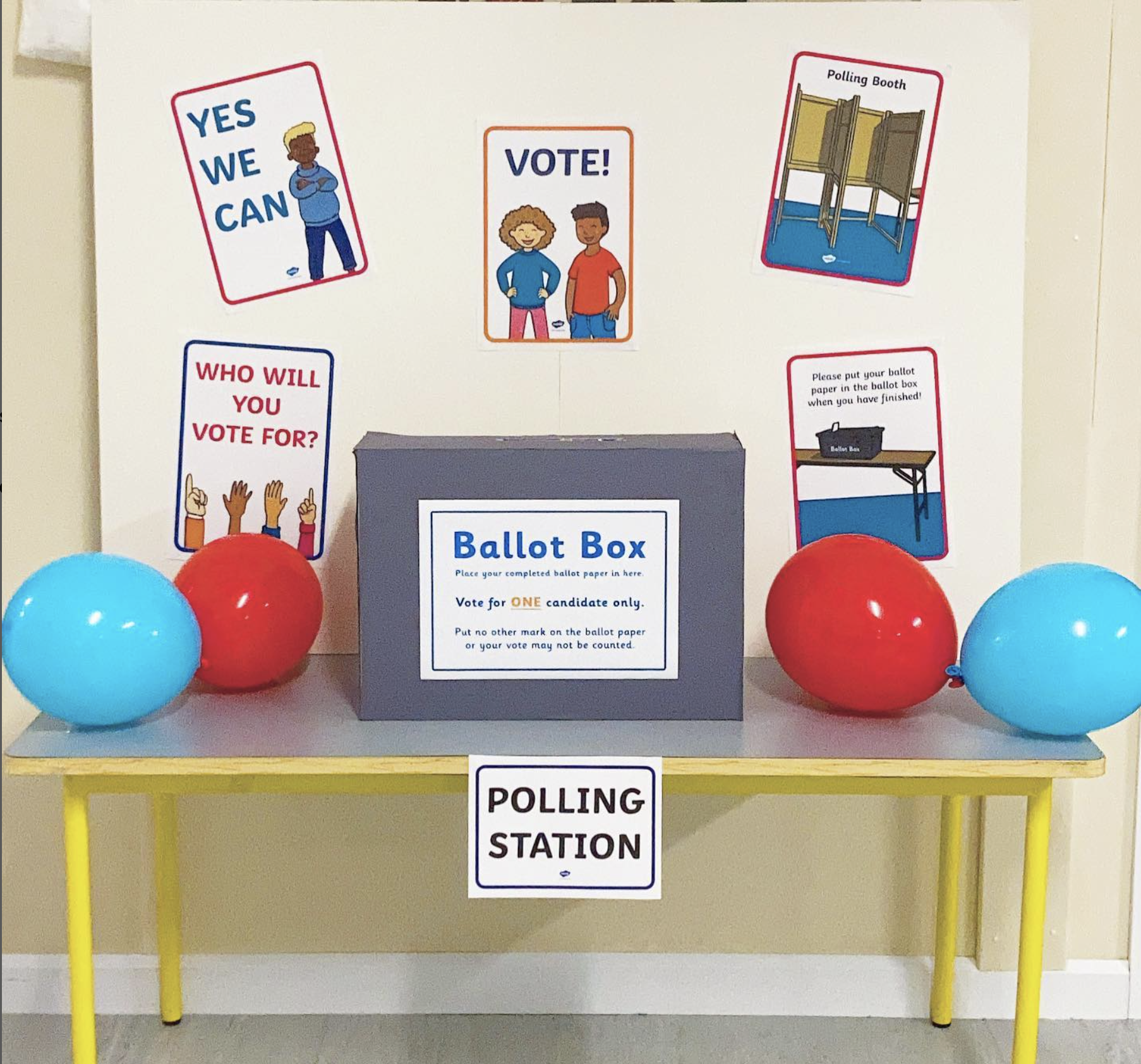How I Organise Our Student Council Elections
- 14 Sep, 2024

Ever wondered what a student council is all about? Think of it as a team of students chosen by their classmates, coming together to represent the voice of their classmates in the running of the school. It’s like a mini-government for the school, where kids get to share their ideas, help make decisions, and even organise fun events. Being part of a student council teaches young people some very useful skills. They learn how to lead, work as a team, and speak up for what they believe in. It’s also a great way for students to get a taste of how democracy works in the real world. By voting for their representatives and maybe even running for a position themselves, kids get hands-on experience with the whole election process. The best part? A good student council can really make a school a better place for everyone. It’s all about giving students a say in their school life and helping them feel more connected to their school community.
The Student Council plays a really important role in my school. It consists of two members (one Class Rep and one Sub) from each class from Second Class to Sixth Class and our senior Autism Class, as well as two staff members. Given the size of our school, this means we have 28 members on our full Student Council. Meetings are generally attended by the 13 Class Reps and 1 Staff Rep. If a rep is absent or unable to attend, the sub attends in their place. When we hold events, all members of the Student Council are involved.
Here is a little insight into how we elect our Student Council in my school.
Information and Nominations Week
During ‘Information and Nominations Week’ classes discuss what a Student Council is, why they are so valuable, what is involved in being a Student Council member and the kinds of things the Student Council have done/could do within our school. We use this Student Council PowerPoint to introduce these conversations. We also hang up posters all around the school announcing the date of our upcoming elections for our new Student Council.
In addition to this, we arrange our annual school visit for our Second to Sixth Class students by a local politician or TD. This visit gives the children an opportunity to hear a bit more about elections, the importance of having your voice heard and the responsibility involved in representing others. The kids also have a chance to ask questions and get some tips ahead of ‘Campaign Week’ and ‘Election Day’.
The children can choose to nominate themselves or a friend (with their permission) during this week.
Campaign Week
‘Campaign Week’ is a very exciting part of our elections process. Each nominee is invited to design a campaign poster and hang these up in their classroom or hallway. They also give a campaign speech in front of their class, explaining why they are interested in being elected to the Student Council, some of their ideas for our school, and what would make them a good Class Rep.
Election Day
Each class has its own ballot paper with the names of all candidates in their class. Every student gets their own copy of the ballot paper. They write 1 beside their first choice, 2 beside their second choice and 3 beside their third choice. They then cast their vote by placing their ballot paper into the ballot box at the polling station set up in our school hall.
Later that day, I collect all papers from the box and the counting of votes begins. It generally takes 2 afternoons for all votes in each class to be counted and checked. Once this is finished, I visit each class (Second to Sixth Class and our Autism Class) to announce who has been elected to the Student Council. The person with the highest vote in the class becomes the Class Rep and the person with the second highest vote becomes the Sub. The full Student Council is announced for the whole school to hear at the next school assembly.

Are you interested in setting up a Student Council or Student Government but have no idea where to start? This Student Council Bundle is the perfect one-stop-shop for all your Student Council needs, and will help you with all stages of setting up, facilitating and supporting your elementary school Student Council, from before the elections all the way to the end-of-year school assembly.
